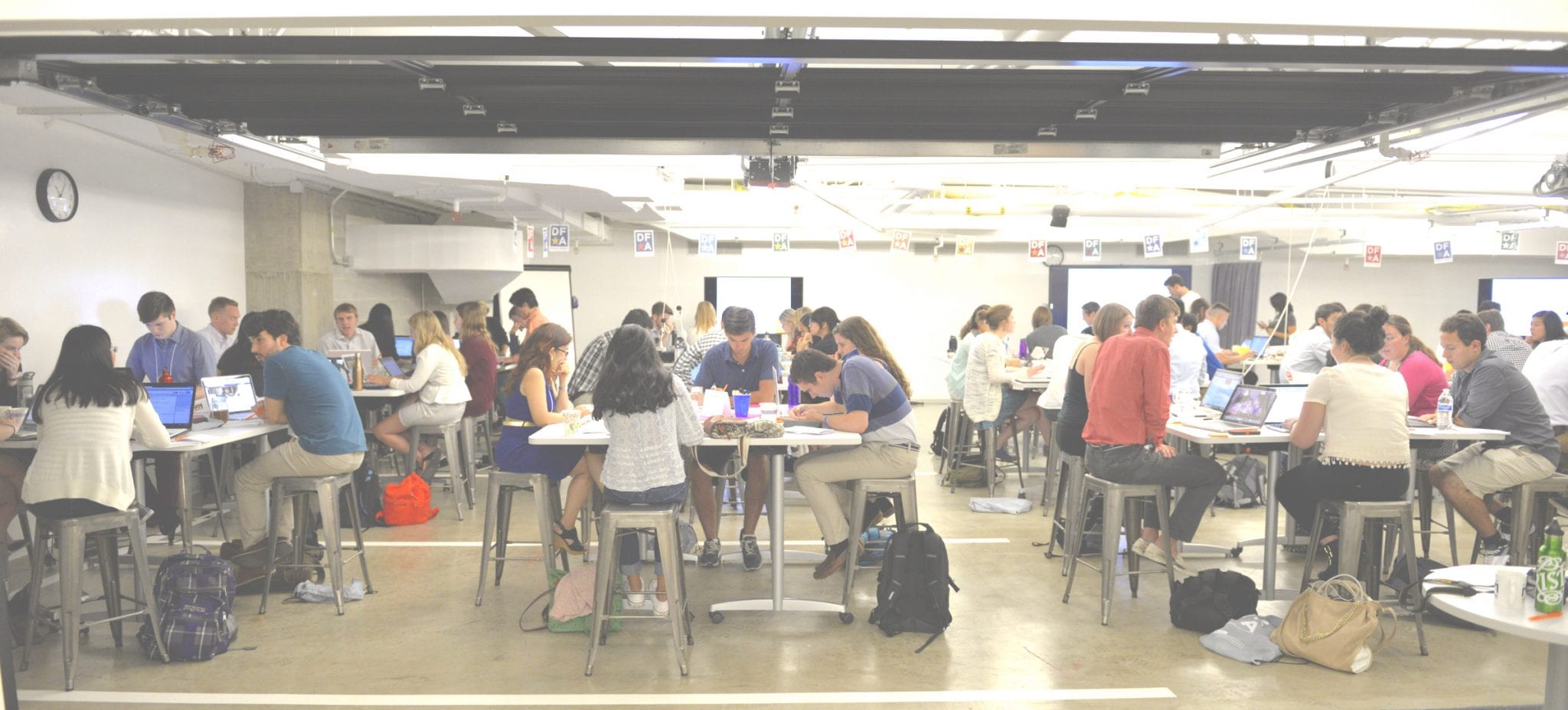
Startup Founder Questions When Facing A Million Problems
Aug 1, 2023
What can I say to college students?
I was invited to my alma mater, Northwestern University, to speak to their jump start program. Faced with speaking to students, most first time entrepreneurs, what could I say that would stick? I tried to distill the hard things and tricks I’ve learned in the last 4 years of building Kanary. In prep, I wrote out my thoughts as an essay. If that process is good enough for Paul Graham, it’s good enough for me.
From NU to Kanary
While at Northwestern for both undergrad in Weinberg and some grad school in McCormick, I got the opportunity to learn about startups, entrepreneurship, and product development. It was while I was in grad school in 2018 that YCombinator took interest in the data privacy project I was working on with a friend. That project would evolve into Kanary, which we’ve grown into a privacy company launching innovative technology and supporting thousands of paying members.
I founded the company based on the hypothesis that privacy will become more scarce over time and that it’s an innate human need. In the 4 years of building our technology and business, this has proven to be true. People are increasingly surveilled and privacy is hard to safeguard. People are realizing that this leads to unwanted consequences involving loss of safety, security, and identity. As Kanary’s built the tools people can use to defend themselves against unwanted intelligence gathering, we’ve grown from our first 100 members to over 5,000 members. It’s been quite a journey from our initial sign ups from reddit to supporting fortune 500 companies, federal government agencies, and fast growing startups. It’s easy to make enemies online, and I believe that we need better protection against the worst case scenario.
A Million Problems
My path to growing Kanary into a profitable startup has included highs and lows. Startups are collections of a million problems that create an unique set of experiences and challenges. It’s hard to give blanket advice. And in fact, I’d encourage you to be skeptical of most advice, especially from anyone who has not built a startup.
But I’m going to operate on a few assumptions.
We are here because we believe our ideas have the potential to change the world
We’d like to pursue these ideas quickly and with other smart people
We’d like to have financial support to take risks - ideally through venture capital
Based on these assumptions, we should be aiming to build our ideas in a way that sets us up to make that significant impact, and do that faster and better than anyone else.
Solving And Prioritizing
Navigating a million problems requires prioritization, creativity, hard work, and self care. Sometimes the right decision might be to grind, sometimes the best thing is to stop rushing. When I’m making decisions about how to spend my time or solve problems, I ask myself three things to remind myself of my past mistakes, the bigger vision, and my true self. First, am I focused on speed, velocity, or momentum? Second, how can I avoid indigestion? Third, am I on a rocket ship or a pirate ship?
Momentum > Velocity > Speed
Momentum is the product of mass and velocity. Velocity is your distance over time. Optimizing only for speed and not distance is the first rookie mistake I made. Speed is great but if you’re running in a circle, you aren’t making progress. Some founders (even Elon Musk) think a lot about velocity. But if you only focus on velocity that means you are ignoring the idea of mass. Mass in the context of a startup is people, culture, know-how. It’s the stuff that makes one company stand out above another because of who is there and how things work, not just the product or financial outcomes. When I’ve optimized for mass and velocity is when I’ve seen my decisions pay dividends.
I messed this one up a bunch at the beginning. I’d prioritize a product launch or bug fix over building the code well or giving ownership to someone on my team. I often picked velocity over momentum. Whiplash from changing directions or burning out yourself or your team without the right motivations, harms your ability to make the impact you want to make. We are here to change the world, and that takes momentum.
Avoid Indigestion: Start With Your Head, End With Your Gut
I’ve faced many emotional headwinds as a founder. Co founders have quit, we’ve lost major deals, we’ve sunk time into hires who don’t work out. All the ups and downs can cause some heart burn. I used to think the way to get through the hard stuff was by grinding it out - that’s the startup way, isn’t it?
It turns out emotional challenges require active analytical thinking as well as passive processes. As a founder with a mission, find the time to sit quietly, empty your head and the noise, and listen to the deep feelings like fear or joy or anger. If not recognized and processed, these emotions might negatively impact how you’re making decisions. Start with your head, but let yourself have the time to quietly feel what direction you’re being pulled in. In late 2022, I started reading more about “leading above the line” and practicing gaining emotional stability amidst high highs and low lows.
Rocket Ship or Pirate Ship
Some of my days running Kanary feel like I’m on a rocket ship. We’re moving fast, we’re optimized for momentum, people are buckled in and doing their thing. When we raised our preseed round, hired our founding engineer, and were featured in Forbes, we felt like we were going to the moon. Some days though, it feels like a pirate ship. Why did we lose this key candidate? What is breaking - is it causing a life-threatening leak? Is that other ship in the distance threat? Do we join forces with another team?
As a founder, I think in astronaut or pirate mode. It helps visualize and contextualize the type of problem I’m dealing with and environment I’m in. And it helps lighten the mood. Have a bunch of momentum and leverage as a ‘rocket ship’ startup is fun but the reality is most founders navigate being on a pirate ship too. And I'm not the only one who operates this way - check out Dave McClure's metrics for pirates.
Follow Up Questions From Students
How did you hiring your first engineer? We’re in a market where expertise and quality matters. We want to hiring an experienced engineer in our field, but don’t have the capital or reputation
How do you manage your relationships with your investors? A lot of us are trying to raise money but there is mixed advice out there.
How do you think about branding and messaging? We feel we’re missing the mark but don’t have great experience with this on our team.
What is it like to work on acquisition offers? How do you recommend working through those scenarios and knowing when there is a good fit?
In your early days of iterating on data privacy ideas, how did you decide to pursue Kanary? What were some of your other ideas?
If you find any part of this worth discussion or have questions, feel free to reach out: [email protected].





